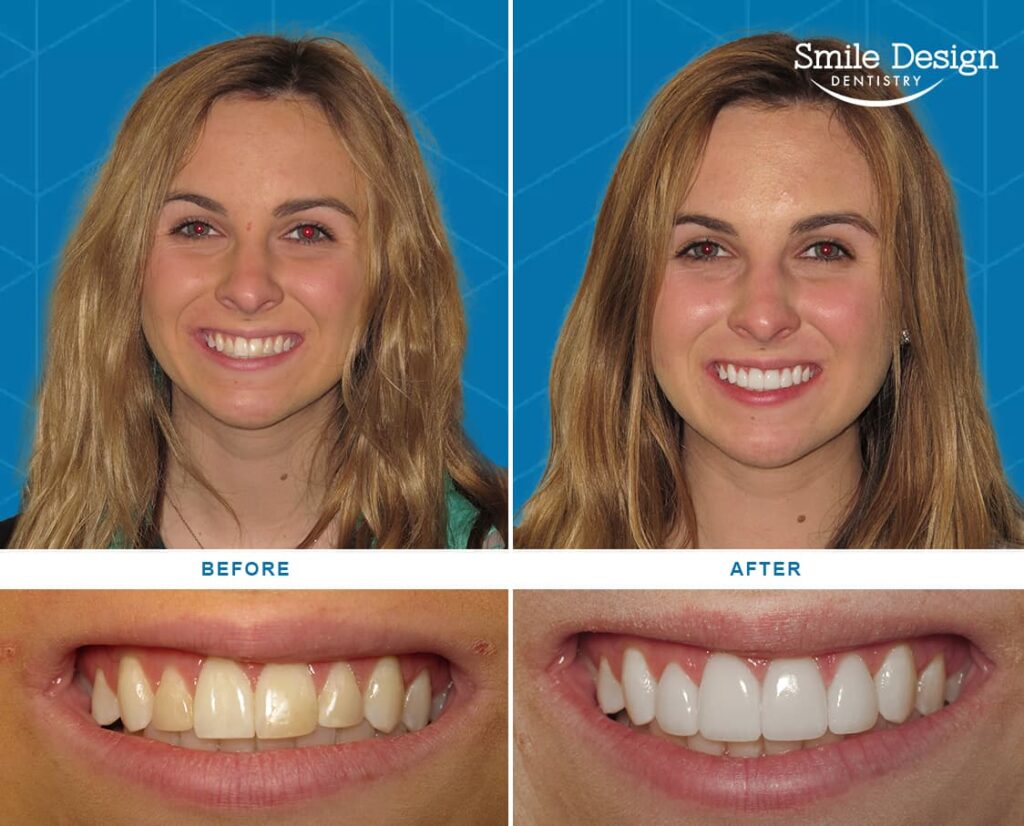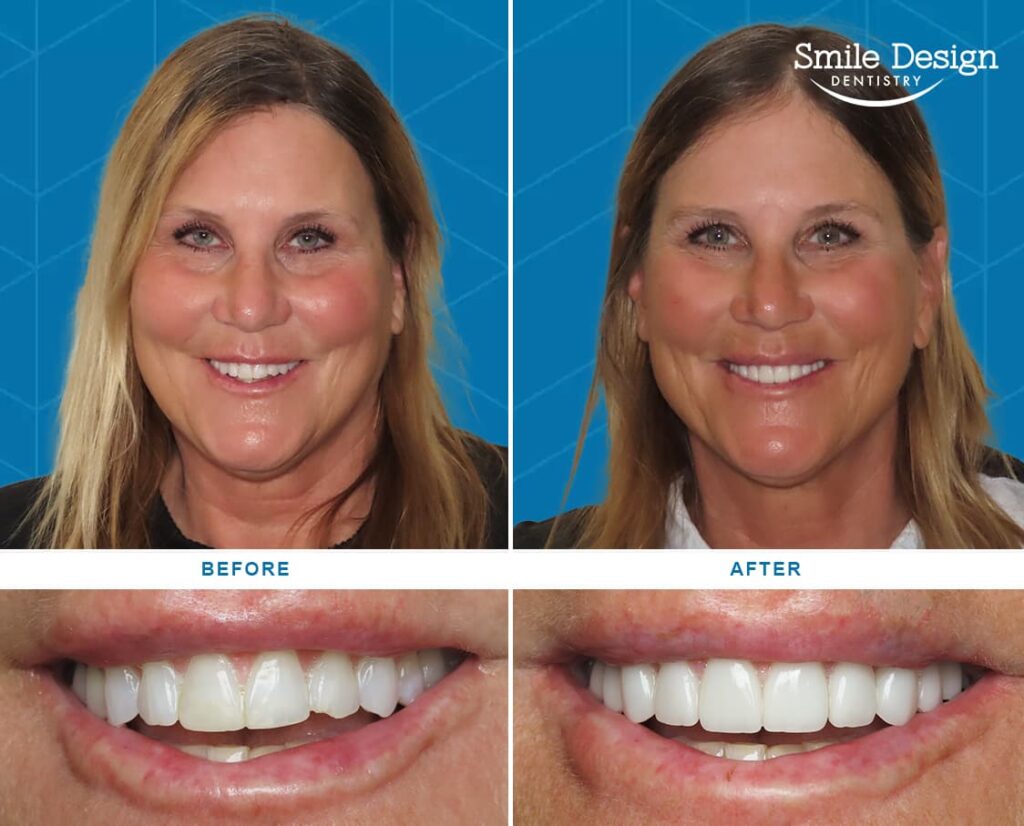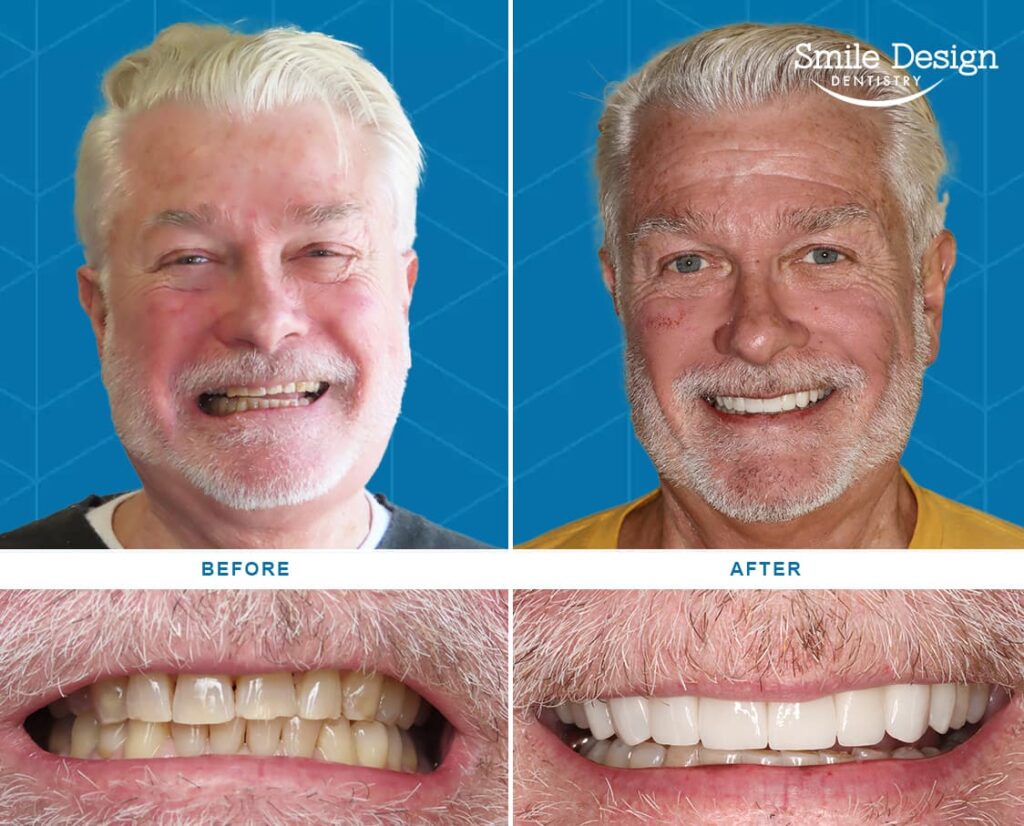NIGHTGUARDS FOR TMJ
in
PLYMOUTH, MN
Welcome to relief: our Night Guards and TMJ treatments are specifically designed to alleviate discomfort and protect your jaw from further stress
Table of Contents
Understanding TMJ Disorders
Temporomandibular joint (TMJ) disorders, commonly referred to as TMD, impact millions of people in the United States. This condition involves joint dysfunction that connects your jaw to your skull, leading to discomfort, pain, and impaired jaw function. TMD can manifest through various symptoms, making everyday activities like chewing, talking, and yawning painful and challenging.
Recognizing the Symptoms of TMD
TMD presents with various symptoms that can vary in intensity and location. Common signs include:
- Jaw Pain: Persistent pain or tenderness in the jaw joint, often exacerbated by movement.
- Difficulty Chewing: Painful or restricted jaw movement, sometimes causing the jaw to lock.
- Clicking or Popping: Audible sounds when opening or closing the mouth.
- Facial Pain: Discomfort spreading to the face, neck, or shoulders.
- Ear Issues: Earaches, tinnitus (ringing in the ears), or a sensation of fullness without ear problems.
- Headaches: Frequent headaches, especially around the temples.
- Muscle Stiffness: Stiffness or spasms in the jaw muscles.
What Causes TMD?
Several factors contribute to TMD, including:
- Bruxism: Chronic teeth grinding or clenching, often during sleep, can strain the jaw joints and muscles.
- Jaw Injury: Trauma to the jaw or TMJ can cause or exacerbate TMD.
- Arthritis: Conditions like osteoarthritis or rheumatoid arthritis can affect the TMJ.
- Stress: Emotional stress can lead to muscle tension, increasing TMD symptoms.
- Misalignment: Abnormalities in teeth or jaw positioning can strain the TMJ.
- Posture Issues: Poor posture, especially in the neck and shoulders, can contribute to jaw pain.
The Impact of TMD on Daily Life
Living with TMD can significantly affect your quality of life. Chronic pain, difficulty in chewing, and disrupted sleep due to jaw discomfort can lead to fatigue, stress, and even depression. Addressing these symptoms early with appropriate treatment can prevent complications and improve overall well-being.
Relief Through Night Guards
At Smile Design Dentistry, we offer customized night guards designed to relieve the symptoms of TMD and protect your teeth from the effects of bruxism. These medical devices are crafted to fit comfortably in your mouth, providing a barrier that prevents grinding and clenching, which can worsen TMJ issues.
Types of Night Guards We Offer:
- Soft Night Guards
- Material: Made from flexible, soft materials.
- Best For: Mild bruxism and those who prefer a softer fit.
- Benefits: Cushions teeth and absorbs impact, but may wear out faster.
- Dual Laminate Night Guards
- Material: Soft inner layer combined with a hard outer shell.
- Best For: Moderate to severe bruxism.
- Benefits: Balances comfort with durability, offering a custom fit that withstands significant grinding pressure.
- Hard Night Guards
- Material: Rigid acrylic.
- Best For: Severe bruxism and advanced TMD.
- Benefits: It provides maximum protection and durability, which is ideal for those with significant grinding issues.
Transform your smile with our Dental Crowns and Bridges! Whether you need to strengthen a damaged tooth or replace a missing one, our expert team will provide personalized care to restore your smile. Schedule a consultation today to discover how dental crowns and bridges can enhance oral health and confidence!
Custom-fitted vs. Over-the-Counter Night Guards
While over-the-counter (OTC) night guards are readily available and more affordable, they offer a generic fit that may provide a different level of comfort and protection than custom-fitted options. Custom night guards, tailored to your dental anatomy, ensure a precise fit and effective relief, making them a worthwhile investment for long-term oral health.
Benefits of Night Guards for TMD
Night guards are not just a temporary fix; they offer long-term benefits that can significantly improve your daily life:
- Prevention of Tooth Damage: Night guards distribute the forces exerted during grinding, preventing tooth wear and damage.
- Improved Sleep Quality: Night guards help you achieve uninterrupted sleep by reducing grinding noise and discomfort.
- Enhanced Jaw Functionality: Regular use can reduce jaw locking, clicking, and popping, allowing smoother jaw movement.
- Pain Relief: Night guards cushion the jaw and reduce muscle tension, easing the pain associated with TMD.
Proper Care for Your Night Guard
To ensure the longevity and effectiveness of your night guard, follow these care guidelines:
- Daily Cleaning: Clean your night guard with cool water and a soft toothbrush dipped in mild soap. Avoid hot water, which can warp the material.
- Disinfection: To disinfect your night guard, periodically soak it in water, vinegar, or hydrogen peroxide for 15-30 minutes.
- Proper Storage: Keep your night guard in a well-ventilated case to avoid moisture buildup and bacterial growth when not in use.
Common Mistakes to Avoid:
- Skipping daily cleaning can lead to unpleasant odors and bacterial buildup.
- Using hot water, which can damage the material.
- Storing the night guard in direct sunlight can cause brittleness and discoloration.
Choosing the Right Night Guard
When selecting a night guard, consider your specific needs, the severity of your TMD or bruxism, and your comfort preferences. Consult with our dental professionals at Smile Design Dentistry to determine the best type of night guard for you. While more expensive, custom-fitted night guards provide superior comfort and effectiveness compared to store-bought options.
Take the First Step Toward Relief
If you’re suffering from TMJ-related pain or discomfort, a custom night guard may provide the relief you need. Contact Smile Design Dentistry in Plymouth, MN, to schedule a consultation and start your journey to better oral health and comfort.
Frequently Asked Questions
How do I know if I need a night guard for TMD?
You may benefit from a night guard if you experience frequent jaw pain, headaches, or signs of teeth grinding. Consult with a dental professional for an accurate diagnosis.
Can night guards cure TMD?
Night guards do not cure TMD but can significantly alleviate symptoms by reducing jaw strain and preventing teeth grinding.
How long does it take to wear a night guard?
Most patients adjust within a few weeks. Consistent use is vital to comfort and symptom relief.
Will my insurance cover the cost of a night guard?
Insurance coverage varies; check with your provider to see if custom-fitted night guards are covered.
Before & After Photos




